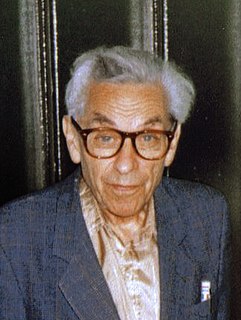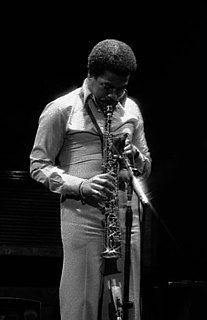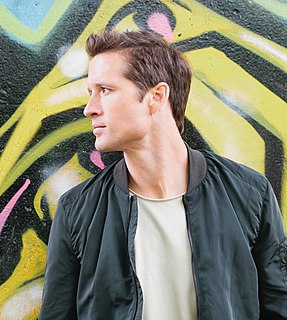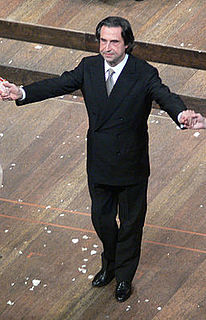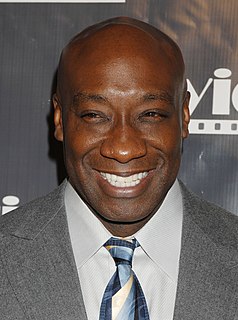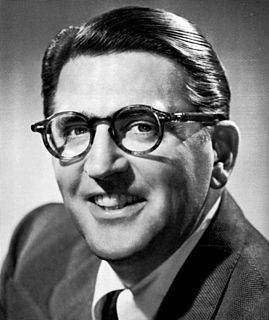A Quote by Maximilian Schell
I think there's a poet who wrote once a tragedy by Shakespeare, a symphony by Beethoven and a thunderstorm are based on the same elements. I think that's a beautiful line.
Related Quotes
I think the whole emphasis in England, in universities, on practical criticism (but not that so much as on historical criticism, knowing what period a line comes from) this is almost paralysing. In America, in University, we read - what? - T. S. Eliot, Dylan Thomas, Yeats, that is where we began. Shakespeare flaunted in the background. I'm not sure I agree with this, but I think that' for the young poet, the writing poet, it is not quite so frightening to go to university in America as it is in England, for these reasons.
A visionary company is like a great work of art. Think of Michelangelo's scenes from Genesis on the ceiling of the Sistine Chapel or his statue of David. Think of a great and enduring novel like Huckleberry Finn or Crime and Punishment. Think of Beethoven's Ninth Symphony or Shakespeare's Henry V. Think of a beautifully designed building, like the masterpieces of Frank Lloyd Wright or Ludwig Mies van der Rohe. You can't point to any one single item that makes the whole thing work; it's the entire work-all the pieces working together to create an overall effect-that leads to enduring greatness.
In the work of the greatest geniuses, humble beginnings will reveal themselves somewhere, but one cannot trace the slightest sign of them in Shakespeare ... I am not concerned with who wrote the works of Shakespeare ... but I can hardly think it was the Stratford boy. Whoever wrote them had an aristocratic attitude.
Once an actor told me he went to the Shakespeare School of Acting, and I said, 'I went to the Shakespeare of Acting, too' and he said, 'Oh really?' And I said, 'I went to Shakespeare Elementary School in Chicago.' He didn't take the joke well, he didn't laugh and didn't think it was funny - I thought it was funny. It's all the same to me.
From the explanatory notes that Willson wrote to accompany his symphony, A Symphony of San Francisco,: "Generally speaking, the first movement is intended to convey pioneer courage, loyalty, strength of purpose and freedom." The trumpet motive in the closing Allegro "is a call of defiance to the very elements themselves that had the temerity to dispute the spiritual strength and courage of the golden city of the West."





